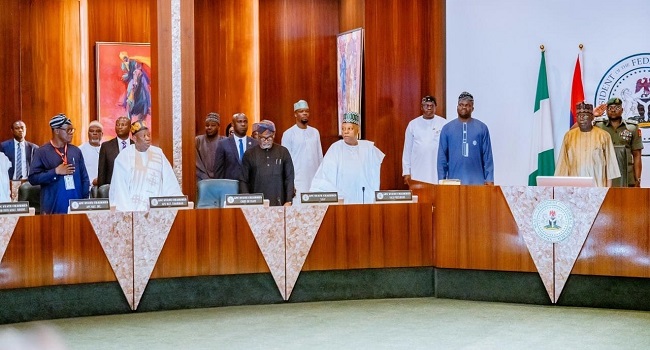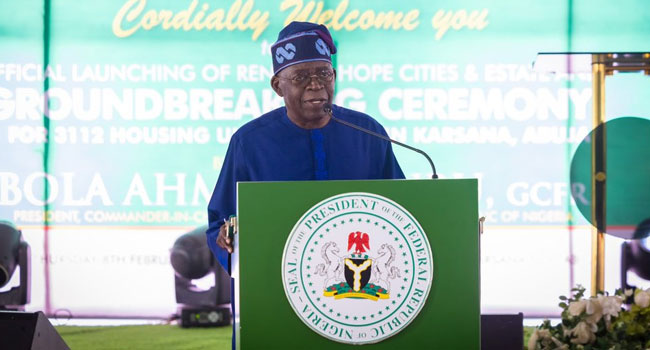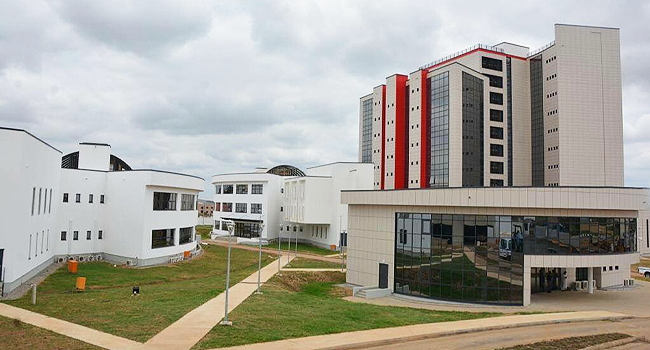Nigeria is now ranked 146 out of the 180 countries on the 2019 corruption perception index published by transparency international, having dropped two places.
According to the report released Thursday, the country scored 26 out of 100 points, dropping from the 27 points that it has maintained since 2017.
In the 2018 index, Nigeria rose by four places from 148 to 144.
Addressing journalists in Abuja the head of Transparency International in Nigeria, Auwal Rafsanjani says Nigeria scored 26 out of 100 points, dropping from the 27 points that it has maintained since 2017.
Mr. Rafsanjani stated that selective adherence to the rule of law and corruption in political parties were some of the reasons for the poor ranking.
The Corruption Index ranks 180 countries and territories by their perceived levels of public sector corruption in the opinion of experts and business people, using a scale of 0 to 100, where zero means “highly corrupt” and 100 means very clean.
READ ALSO: We Will Repatriate Alison-Madueke To Face Financial Crime Charges – Magu
“Our analysis also suggests that reducing big money in politics and promoting inclusive political decision-making are essential to curb corruption.
“From fraud that occurs at the highest levels of government to petty bribery that blocks access to basic public services like healthcare and education, citizens are fed up with corrupt leaders and institutions,” the report read in part.
The Sub-Saharan Africa region was classified as the lowest-performing region while Western Europe was the highest-scoring region.
Of the 19 countries in the West African region, Nigeria was ranked the fourth most corrupt country.
Transparency international’s chair, Delia Ferreira Rubio asked the government to urgently address what she describes as the corrupting role of big money in political party financing and the undue influence it exerts on political systems.









